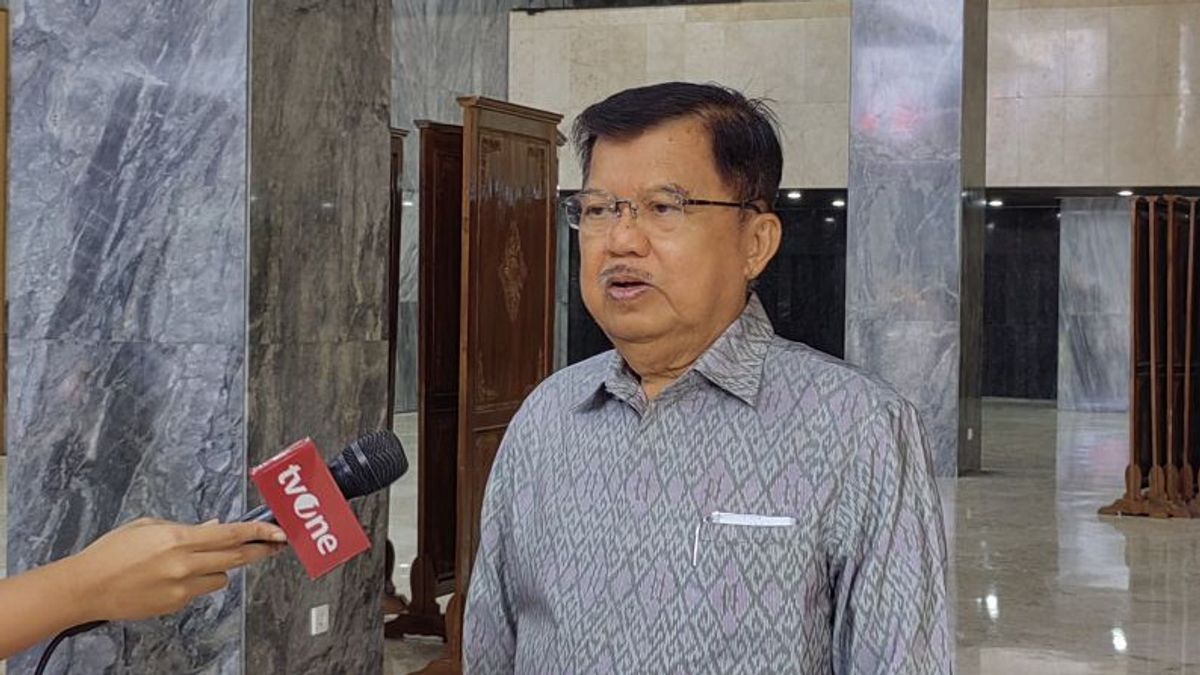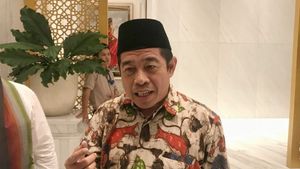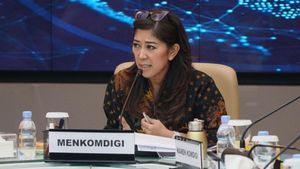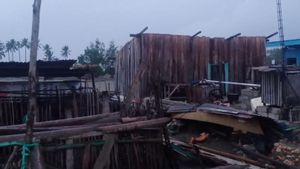JAKARTA - Jusuf Kalla's 10th and 12th Vice Presidents (JK) assessed that the electability acquired by the survey agency against prospective presidential candidates did not only describe the winning results in the 2024 presidential election, but only illustrate the dynamics of the growing trend.
"But the choice of 1,200 people (survey respondents) in 205 million voters does not illustrate that. There is a way, but I don't think it's very accurate. That's the trend," said Jusuf Kalla after a seminar entitled "Youth for Politics" at the DPR building, Senayan, Jakarta, reported by ANTARA, Monday, July 31.
This was conveyed in response to the results of a survey agency that recorded the electability of the prospective presidential candidate (candidate) for the Change Coalition for Unity (KPP) Anies Baswedan was at the bottom compared to other presidential candidates.
JK then compared the electability of Anies Baswedan's presidential candidate with former President of the United States (US) Donald Trump when he ran for 45th US President in the 2016 Presidential Election.
"Trump is also very low in electability according to researchers, but Trump was elected. In the past, there were many things like that," he said.
According to him, Anies Baswedan's electability had previously been in third position among other candidates for the Governor of DKI Jakarta in the 2017 Pilkada, but in the end Anies came out victorious.
"When in DKI, Anies was also the lowest, right, in third position, but then he was elected. That was smaller, approximately seven million voters represented by 1,200 (respondents). Moreover, 1,200 (respondents) were surveyed with 205 million voters," he said.
Previously, a survey from the Australian Utting Research Institute placed Anies Baswedan in third place with a vote of 27 percent compared to Ganjar Pranowo with 34 percent and Prabowo Subianto with 33 percent.
The Utting Research survey was conducted face-to-face on 12-17 June 2023, with a total sample of 1,200 respondents spread proportionally in 34 provinces in Indonesia.
The survey used a multi stage random sampling method, with a margin of error of 2.8 percent at a confidence level of 95 percent.
The English, Chinese, Japanese, Arabic, and French versions are automatically generated by the AI. So there may still be inaccuracies in translating, please always see Indonesian as our main language. (system supported by DigitalSiber.id)













